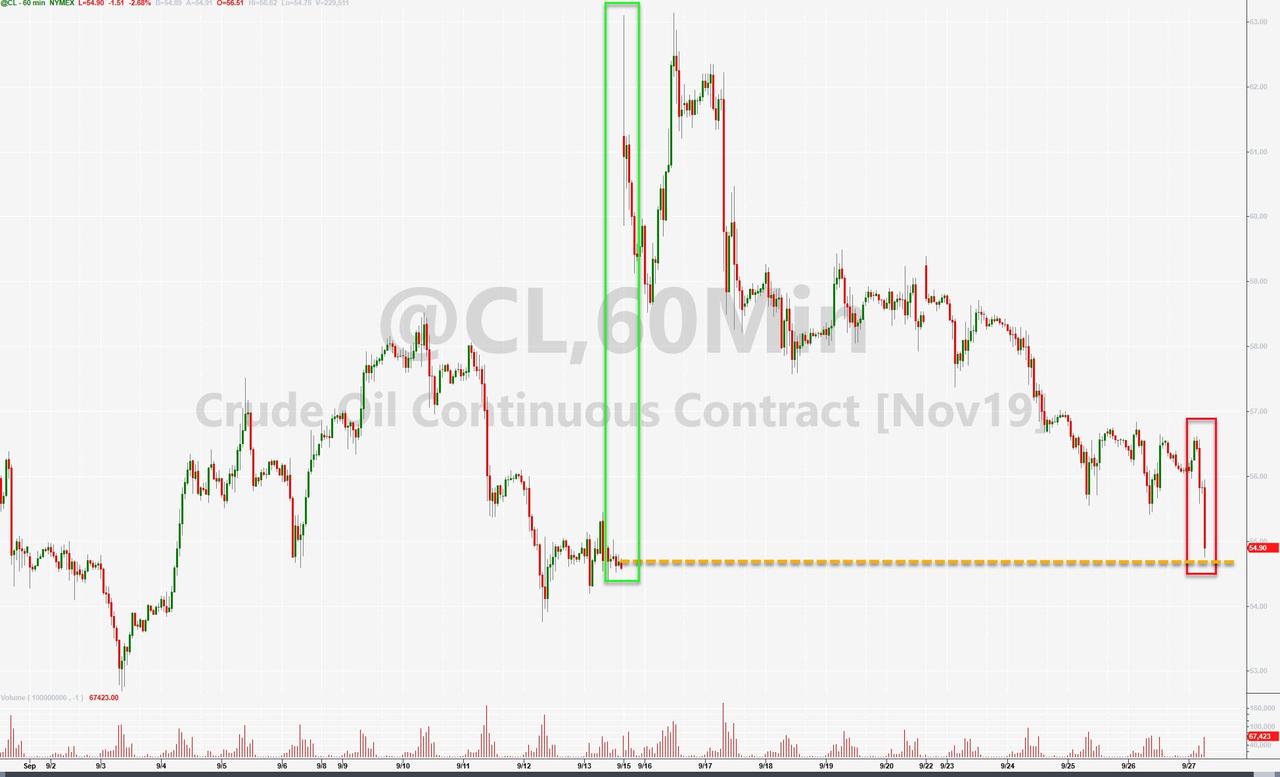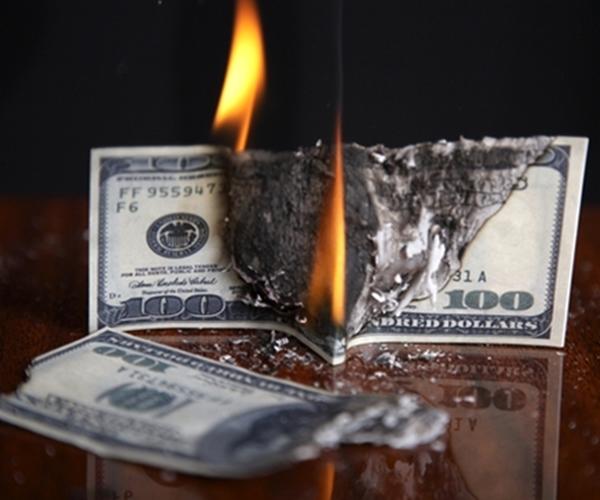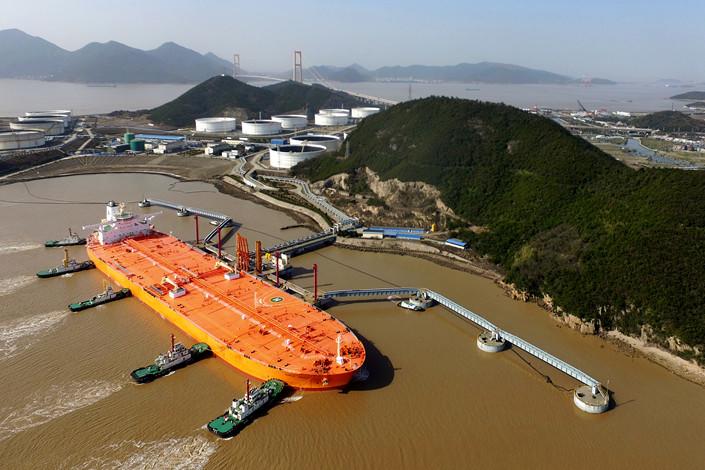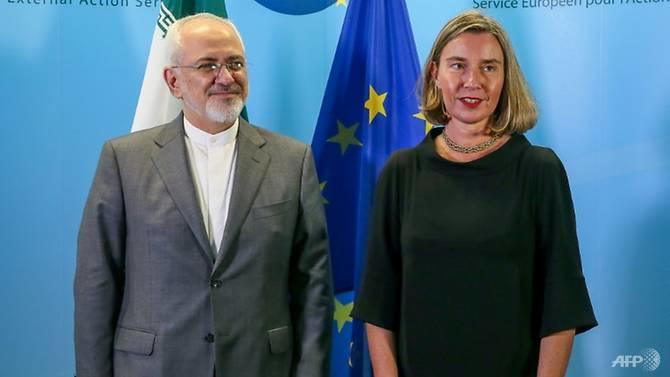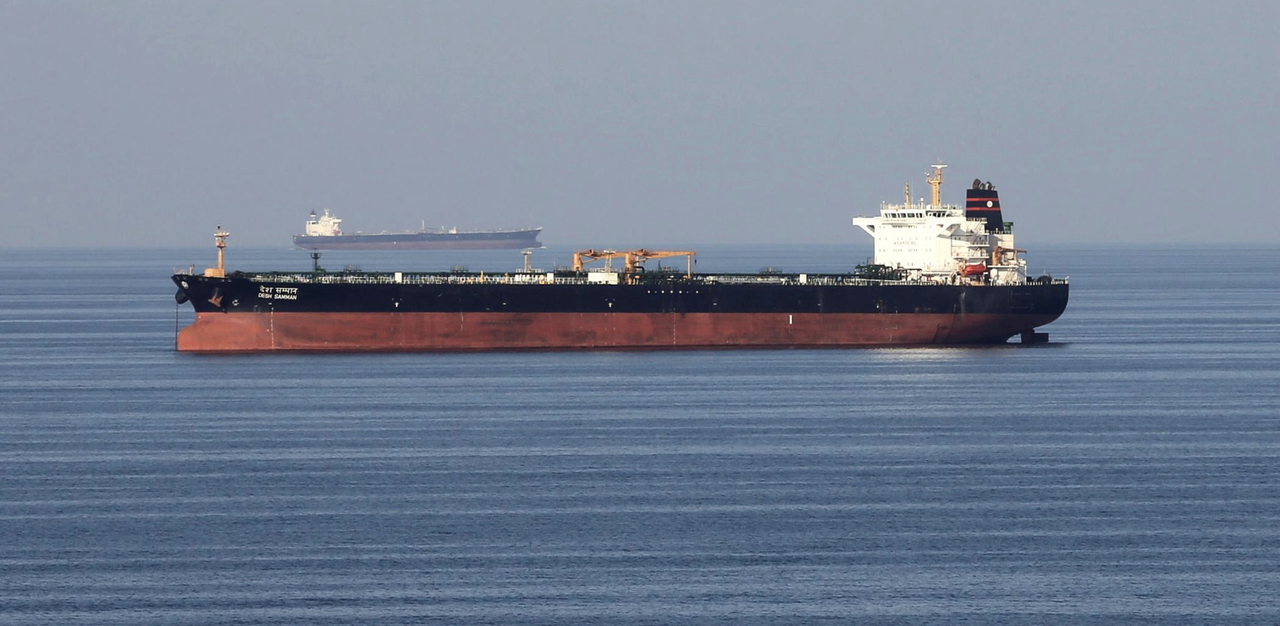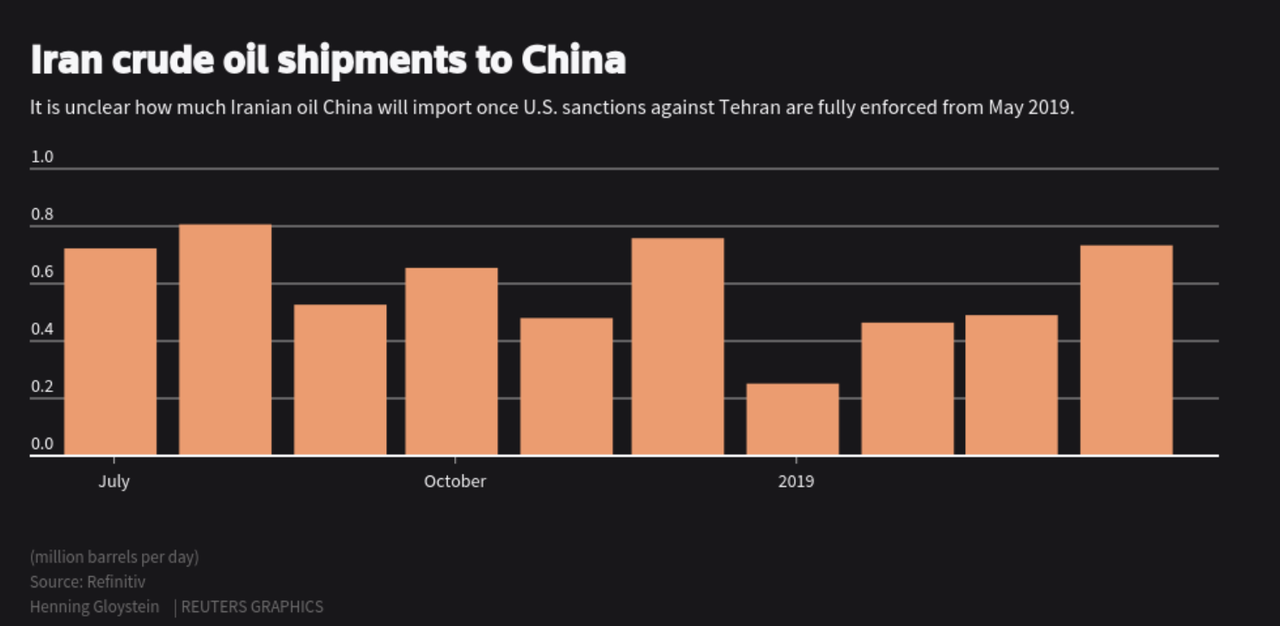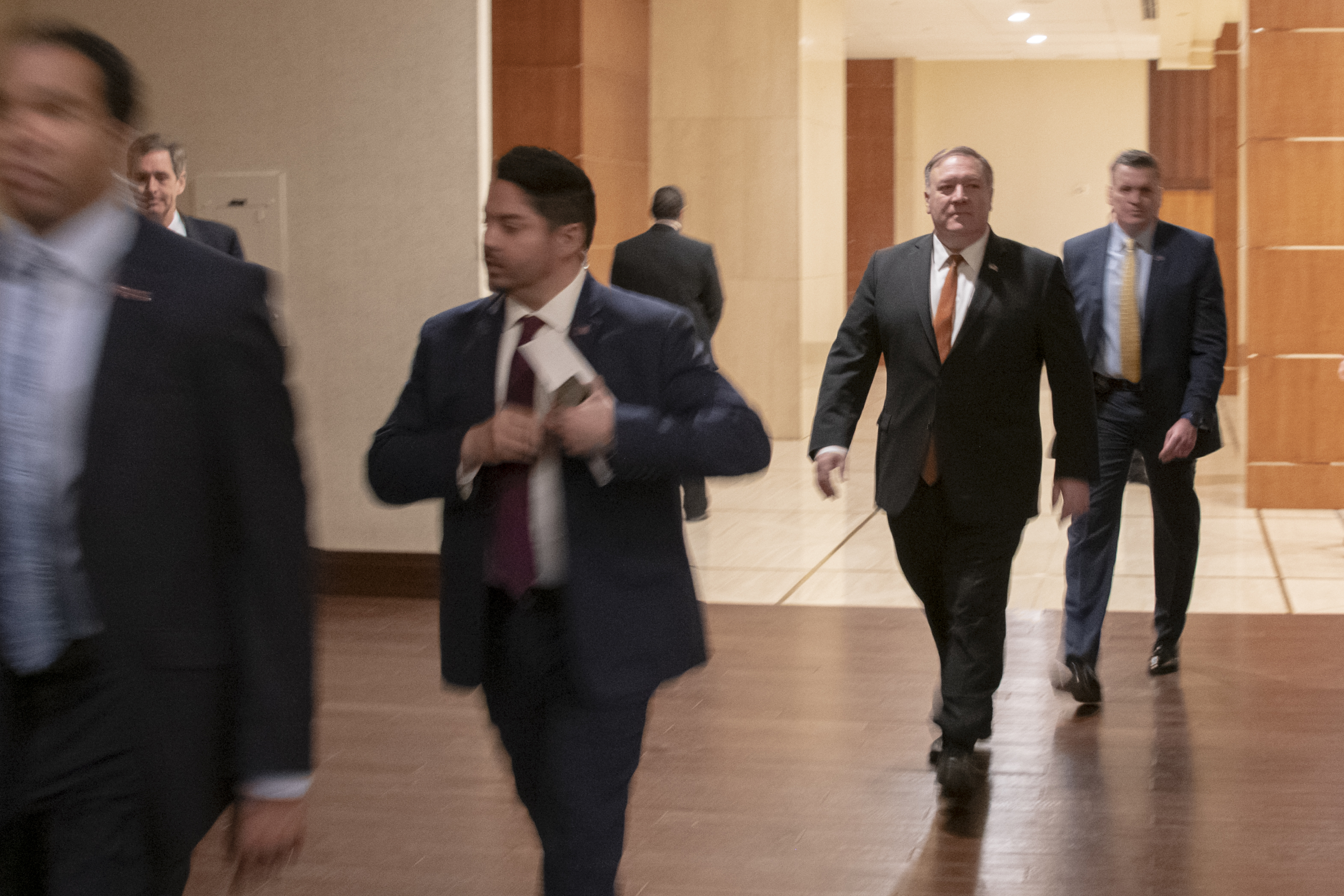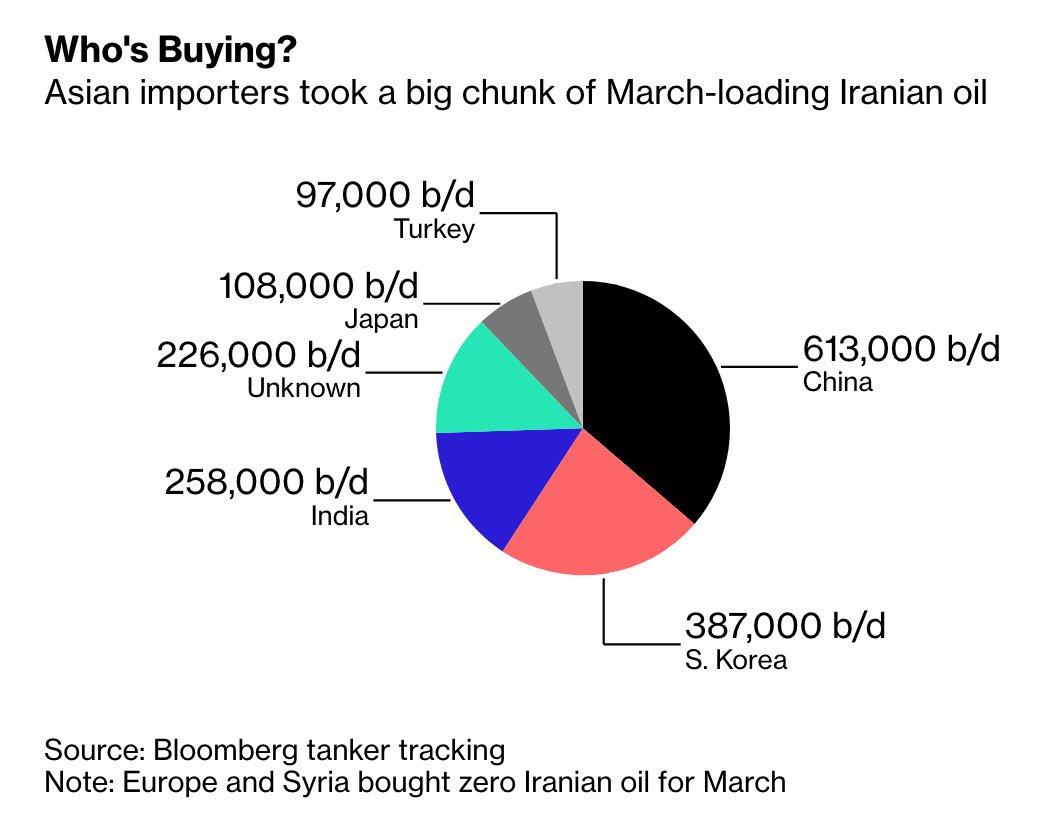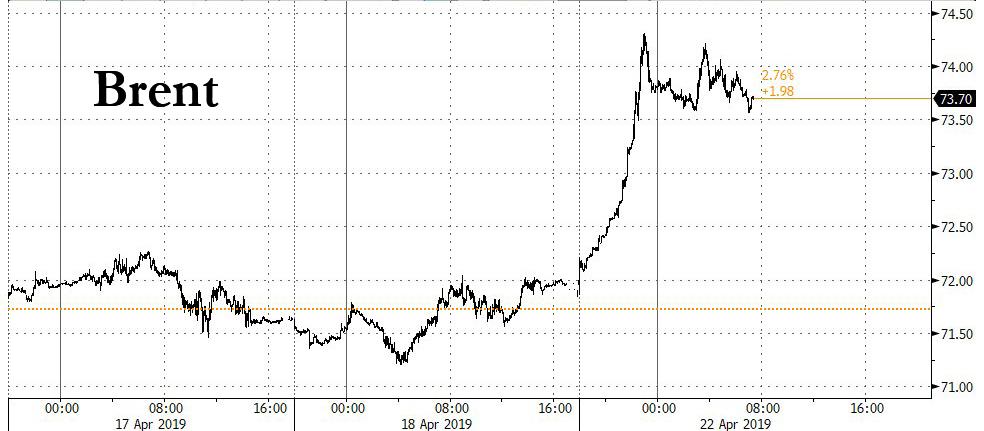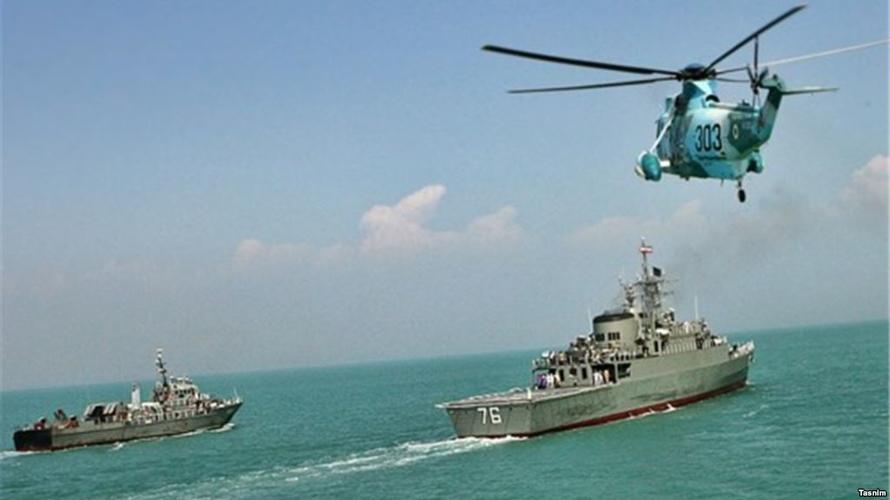
Listen to a reading of this article:
❖
The globally influential propaganda multiplier news agencies AP and AFP have both informed their readers that a “fugitive” has been extradited to the United States.
“Fugitive businessman close to Venezuela’s Maduro extradited to US,” reads the AFP headline.
“Alex Saab, a top fugitive close to Venezuela’s socialist government, has been put on a plane to the U.S. to face money laundering charges,” AP announced on Twitter.
You’d be forgiven for wondering what specifically makes this man a “fugitive”, and what that status has to do with his extradition to a foreign government whose laws should have no bearing on his life. The Colombian-born Venezuelan citizen Alex Saab, as it happens, is a “fugitive” from the US government’s self-appointed authority to decide which populations on our planet are permitted to have ready access to food. His crime is working to circumvent the crushing US sanctions which have been starving Venezuelan civilians to death by the tens of thousands.
Saab is being extradited from the African nation of Cabo Verde where he has been imprisoned since last year under pressure from the US government. In an article published this past May titled “Alex Saab v. The Empire: How the US Is Using Lawfare To Punish a Venezuelan Diplomat“, Roger D Harris explains how the US uses its domination of the international financial system to crush nations which disobey it and outlines the real reasons for Saab’s imprisonment, which has included torture and draconian living conditions. Harris writes:
Special Envoy and Ambassador to the African Union for Venezuela Alex Saab was on a humanitarian mission flying from Caracas to Iran to procure food and gasoline for the Venezuelan CLAP food assistance program. Saab was detained on a refueling stop in the African nation of Cabo Verde and has been held in custody ever since June 12, 2020.
…click on the above link to read the rest of the article…




